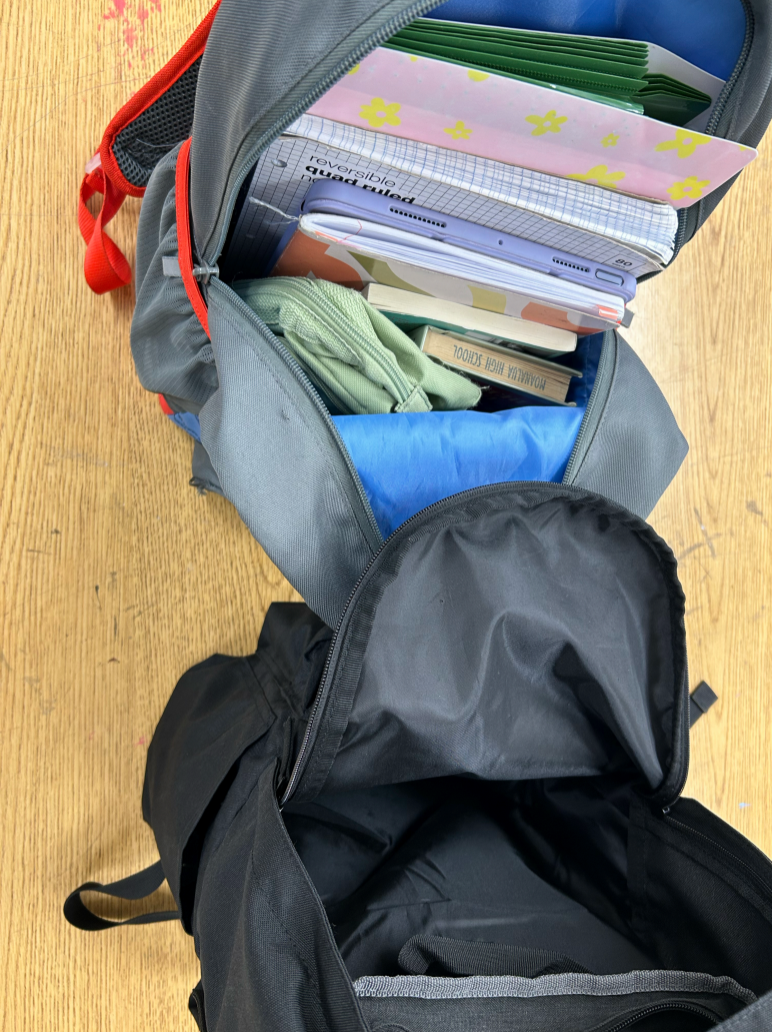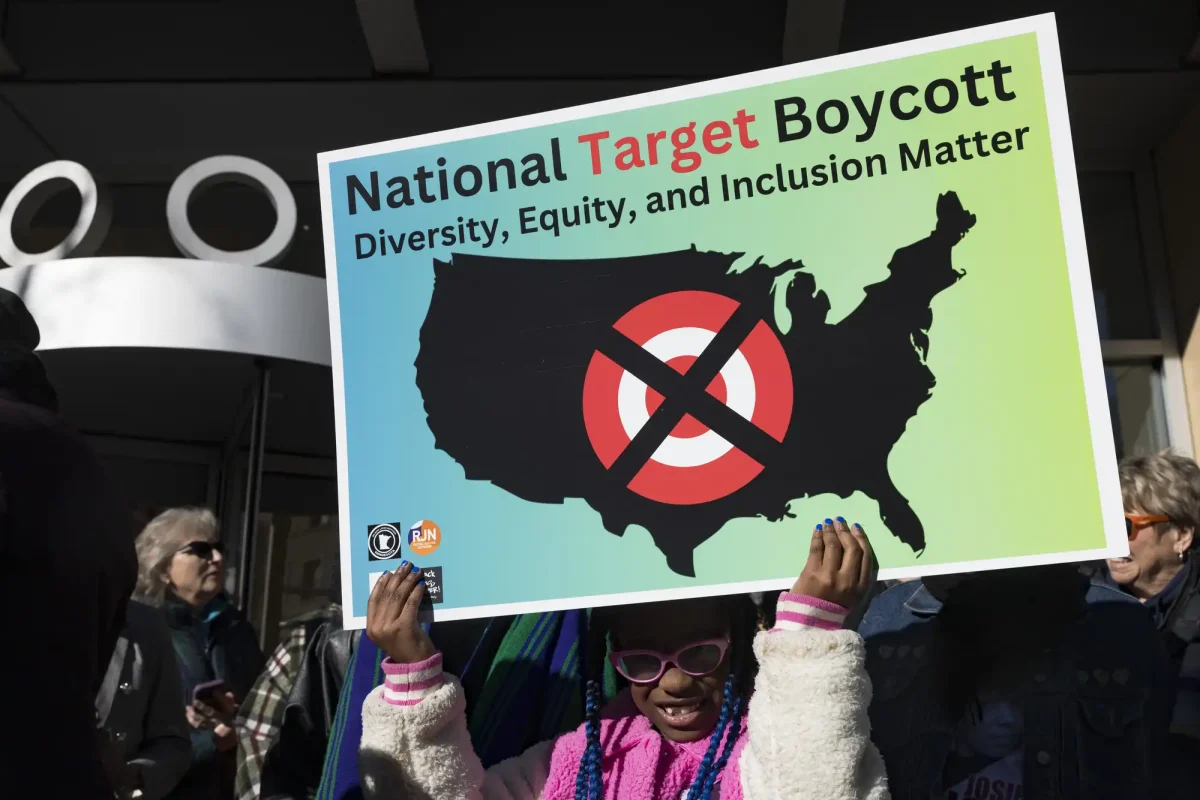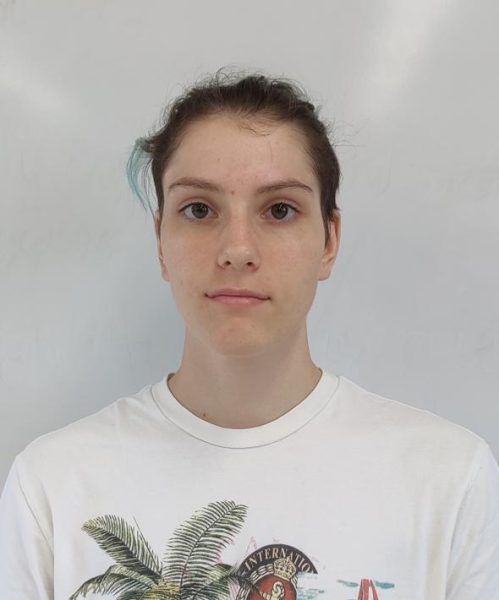We live in a world of countless products, technologies, and rituals. Thus, we must question how much of it is just noise. We should aim to simplify our lives down to the things that matter, but remain cautious and critical as to not end up in yet another box.
When discussing minimalism, it’s intuitive to conclude it’s a lifestyle which requires you to lose many things. However, as the article “What It Means To Live Simply” argues, by reducing excess from our lives we gain time, space and energy, which can all be redirected towards that which truly matters. Minimalism is a freedom–the freedom to take control of our lives, losing any mental or physical baggage that may be holding us back from being our best selves.
Anecdotally, there was a point in my life when I reset my priorities. I put down some of the busywork of modern education in order to maintain a healthy sleep schedule and make more time for my hobbies. Since this point, I’ve found my day-to-day mood has improved significantly, all by letting go of a set of arbitrary expectations, the least of which actually benefited my learning and growth.
However, this is a somewhat controversial approach to life, bringing up some less positive aspects of simplification: judgment. I have not gone off to live in the woods and be unemployed and off the grid as Henry David Thoreau did in the mid-1800s. I’ve simply laxed my standards for schooling after critically evaluating how it is and isn’t serving me. Still, my parents are unhappy with my sub-optimal 3.5 GPA (as opposed to the long-gone 4.0), and my friends find it odd that I can sleep easy knowing I haven’t completed all my homework.
This is not an uncommon experience, to face backlash when giving up some of today’s overwhelming societal norms. As the writer of the blog Simple Frugal Life so colorfully puts it, the author’s mother was “mortified” when she quit her job to prioritize her health. Outside pressures are not the only downfall of this lifestyle, however. Stephan Joppich describes in detail his negative experiences with minimalism. He realized he became over-attached to the few items he kept, he was unsure how to move forward once the process of minimizing his life was mostly complete, and he experienced a loss of self-expression by reusing the same products over and over.
Surprisingly, at the end of the article, Joppich emphasizes that he still encourages minimalism, just with some caveats. The takeaway was to ensure that minimalism was serving you. He stresses understanding the philosophy behind a minimalist existence rather than just going by looks. This is supported by the “Live Simply” article, which encourages the reader to “list your reasons for living simply.”
Revisiting those reasons is crucial in order to make sure you aren’t losing yourself along the journey. Allow yourself to indulge in that which is still important to you because that’s what the time and space you’re making should ultimately be for. Simple living shouldn’t strip you of your things that make you a better person and living completely without goals or direction. It’s about shifting focus and dialing in on those things.
As I reflect on my own life, I understand when I declutter that I don’t want to get rid of my art supplies for the sake of “having less.” I want to reconnect with my creative side through art; thus, I might rid myself of other things. I want to reduce my screen time in order to save mental space for things I care more about, but I would also not want to give up my freedom to communicate with loved ones over long distances. Naturally, this involves choice and balance.
Ultimately, though, we should strive to feel free to do the things which we most want to, and have control of our lives through organization and discipline. Those are the two factors which matter most in optimizing our lives for ourselves, and I believe minimalism is a tool which can be used to bolster those skills, as long as we do not lose our vision for happiness and individualism.




![A sticker reading “F[***] FASCISTS” displayed on a private property sign. This is one in a series of small, isolated acts of anonymous protest around Moanalua High School’s campus in response to recent political events. It has become a muse for students, met with both support and ridicule.](https://nahokunews.com/wp-content/uploads/2025/03/private-property-1200x673.png)





